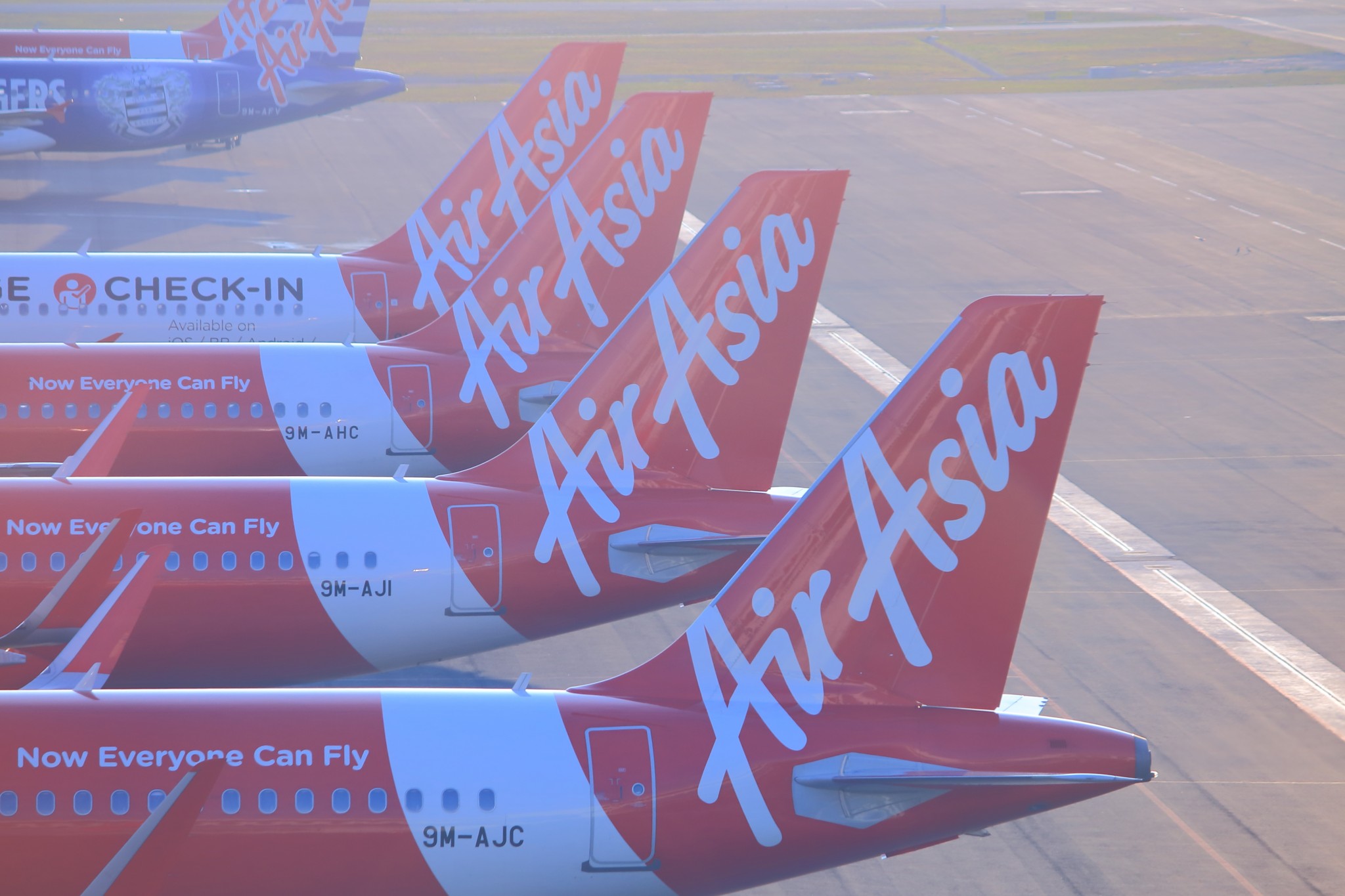AirAsia Japan has shuttered operations. In a statement, representative director and COO, Jun Aida, wrote: "Despite our unrelenting efforts to sustain operations through successive and wide-ranging cost reduction initiatives, we have concluded that it would be an extremely challenging feat for us to continue operating without any visibility and certainty of a post-pandemic recovery path.”
AirAsia Japan’s three aircraft were grounded in April. The airline was allowed to re-start domestic services in August but demand was “low to non-existent” and the aircraft were grounded and stored within a month.
AirAsia Group held a 66.9% stake while local investors held the remaining shares in the venture. The A320 aircraft were all leased. It’s not a great week for the aircraft type as Alaska Airlines reveals that it is retiring 10 A320s and taking impairments. Once again it seems that the A320 is bearing the brunt of airline closures to date.
Meanwhile, AirAsia X is embarking on a restructuring (see Asia-Pacific news below). BOC Aviation has already been trying to get its owed lease rentals for four A330s out of the airline through the courts. In March you may recall that it was stated here that anything with AirAsia or Virgin on the tailfin would be in trouble, so it is not a shock to see subsidiaries carrying these logos to be in difficulty, which stems from the fact that all was not well with these carriers prior to COVID-19. When it comes to privately-owned airlines, 2020 is not only a survival-of-the-fittest test but also survival against subsidised flag carriers. Anyone who wants to know what that battle is like on a day-to-day, year-to-year long-term basis should check out IndiGo and to an extent Ryanair.
So when can airlines expect to re-start services?
Well that depends not so much as if there is a vaccine, but more on the process of confirming those who have been vaccinated. We are being heavily prepped by governments to expect to have to simply have to learn to live with the virus, which eventually with mutate and becomes less lethal. The WHO seems to see this as a two-to-three-year process.
In the interim period a vaccine will do a great deal to re-open the globe, but at that point we will enter a new world of nations that have ben vaccinated being connected via vaccination stamps or through additional papers giving the same notice, and those that do not. If this is the case then these papers and/or stamps or the like will most likely be open to widespread forgery and the black market trade in the same will be prolific, hence there should be moves to have an ESTA style pre-flight online form where a vaccination reference can be uploaded.
Those nations not able to mass vaccinate will from that point effectively be cut off from the rest of the globe. (At this point we have to remember that those same nations are the ones with high numbers of economic migrants and/or war refugees, and therefore it will be the case that countries with refugee problems such as Southern Europe, the UK and the US will have to become far more stringent when dealing with migrants and refugees. Indeed it is logical to suggest that many migrants may even seek to travel into Europe or the like to receive a vaccination).
The point is that it is deemed easier and safer to cut-off nations without a vaccination programme than it is to rely on individual notifications of vaccination, hence it would be surprising if a vast swathe of countries were not able to be connected via aviation (or any form of transport) over the coming years. Indeed it might also be the case that some countries with a vaccine that is not WHO approved, may find themselves on the same non-vaccination nation list.
If a system of vaccination reference upload were introduced however then at least global travel could open-up to all areas at once and let traffic gradually increase. (After all let’s face it, countries are not going to be able to provide tens of millions of vaccinations all at once even if they have the stock to hand). This would allow those vaccinated to travel at once, but then insurance companies would be reticent to extend cover to those nations without a vaccination program in the immediate term at least. There is no easy or speedy way out of this, but if the UN supports the likes of GAVI and if a vaccination unique ID number for all persons is supplied at local level with a global recognition system, then the process of getting the global economy back up and running, and airlines with it, could be sped-up dramatically, with business travel able to ramp-up at speed.
Airlines should perhaps consider these missives and lobby their governments for an internationally recognised vaccination ID program that can then be used in pre-flight documentation upload – if this does not happen then aviation will not be able to fully re-open at speed. We have the ability to make this happen right here and now, but we can do nothing with this technology that will save airlines without vaccinations having unique reference numbers at the time of administration.
Without a vaccine ID reference program a vaccine is not the beginning of the end, but it is unfortunately, merely, the end of the beginning when it comes to the opening-up of global aviation. With an ID reference program and a simple pre-flight form, a vaccination programme can become the beginning of the end of COVID-19 and with it save millions of jobs globally.
Fingers crossed.
Philip Tozer-Pennington
Managing Director
Aviation News

